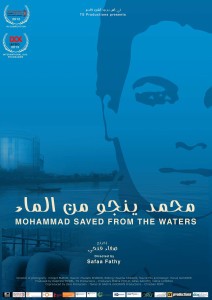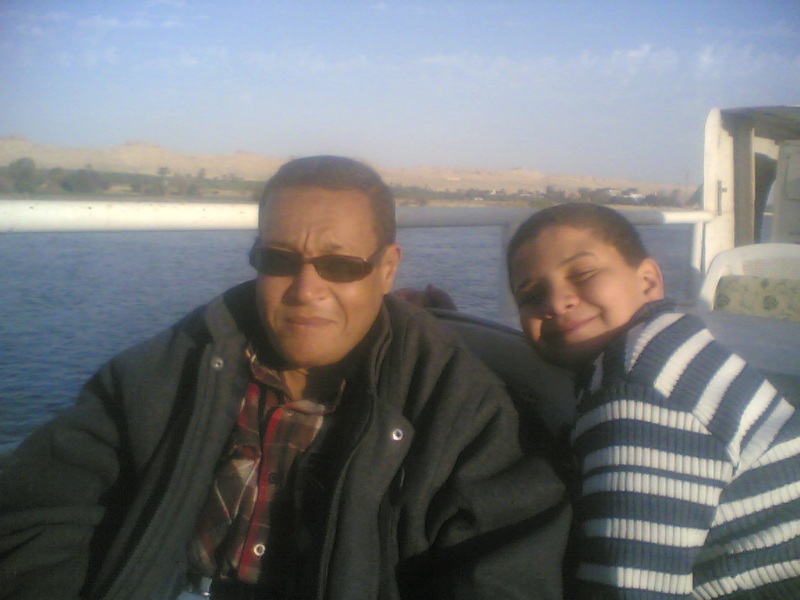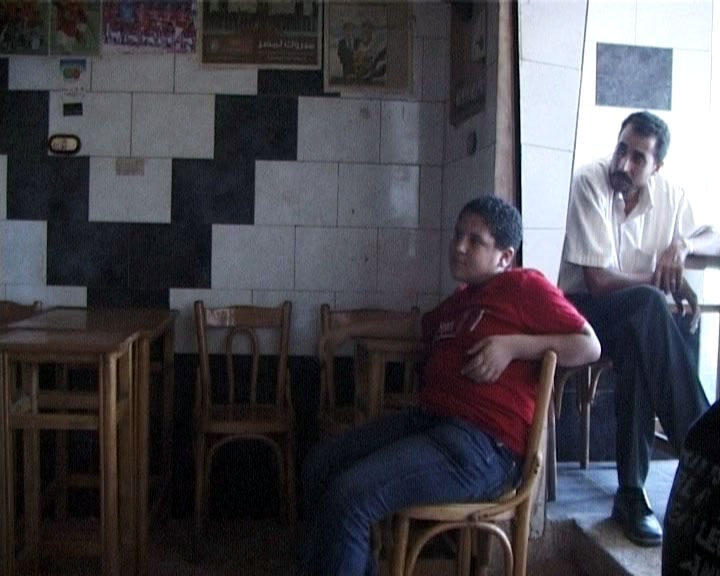Mohammad saved from the Waters
Die Regisseurin Safaa Fathy erzählt in ihrem Dokumentarfilm die Geschichte ihres Bruders Mohammad, der sein Leben lang am Ufer des Nils lebte. Je vergifteter das Wasser des Flusses wurde, desto kranker wurde auch Mohammed. Ein chronisches Nierenleiden, direkt verursacht durch Umwelteinflüsse, führte zu seinem frühen Tod.
Der Film ist eine poetische Erkundung von Körper, Tradition, Religion und Familie im modernen Ägypten. Vor dem Hintergrund einer Revolution, die nach Meinung von Regisseurin Safaa Fathy auch für die Unversehrtheit von Seele und Körper kämpft.
In ihrer Director’s Note für den World Cinema Fund schreibt sie: „Mohammad’s story also illustrates one of the great issues of our time: bioethics. The idea to do this film sprang from my powerless at seeing my brother wither away…“
Variety: Beautifully composed using several shooting formats, this almost regal portrait of distress deserves a place in fest lineups. […] The use of multiple formats highlights the closeness, making it seem as if the helmer picked up whatever kind of camera was on hand at any given moment. Despite the variety, she avoids a patchwork feel thanks to the strength of emotions and the skill of editor Pauline Casalis.

Ein Film von Safaa Fathy
Kamera: Vincent Buron
Ton: Mustafa Shaaban
Schnitt: Pauline Casalis
Produzentin: Delphine Morel
Koproduzenten: Tamer El Said, Christian Popp
Eine Produktion von TS Productions in Koproduktion mit ZERO Productions und DOCDAYS Productions. Gefördert vom World Cinema Fund.
Länge: 90 min
Produktionsjahr: 2012
Die Regisseurin Safaa Fathy erzählt in ihrem Dokumentarfilm die Geschichte ihres Bruders Mohammad, der sein Leben lang am Ufer des Nils lebte. Je vergifteter das Wasser des Flusses wurde, desto kranker wurde auch Mohammed. Ein chronisches Nierenleiden, direkt verursacht durch Umwelteinflüsse, führte zu seinem frühen Tod.
Der Film ist eine poetische Erkundung von Körper, Tradition, Religion und Familie im modernen Ägypten. Vor dem Hintergrund einer Revolution, die nach Meinung von Regisseurin Safaa Fathy auch für die Unversehrtheit von Seele und Körper kämpft.
In ihrer Director’s Note für den World Cinema Fund schreibt sie: „Mohammad’s story also illustrates one of the great issues of our time: bioethics. The idea to do this film sprang from my powerless at seeing my brother wither away…“
Variety: Beautifully composed using several shooting formats, this almost regal portrait of distress deserves a place in fest lineups. […] The use of multiple formats highlights the closeness, making it seem as if the helmer picked up whatever kind of camera was on hand at any given moment. Despite the variety, she avoids a patchwork feel thanks to the strength of emotions and the skill of editor Pauline Casalis.
Ein Film von Safaa Fathy
Kamera: Vincent Buron
Ton: Mustafa Shaaban
Schnitt: Pauline Casalis
Produzentin: Delphine Morel
Koproduzenten: Tamer El Said, Christian Popp
Eine Produktion von TS Productions in Koproduktion mit ZERO Productions und DOCDAYS Productions. Gefördert vom World Cinema Fund.
Länge: 90 min
Produktionsjahr: 2012


